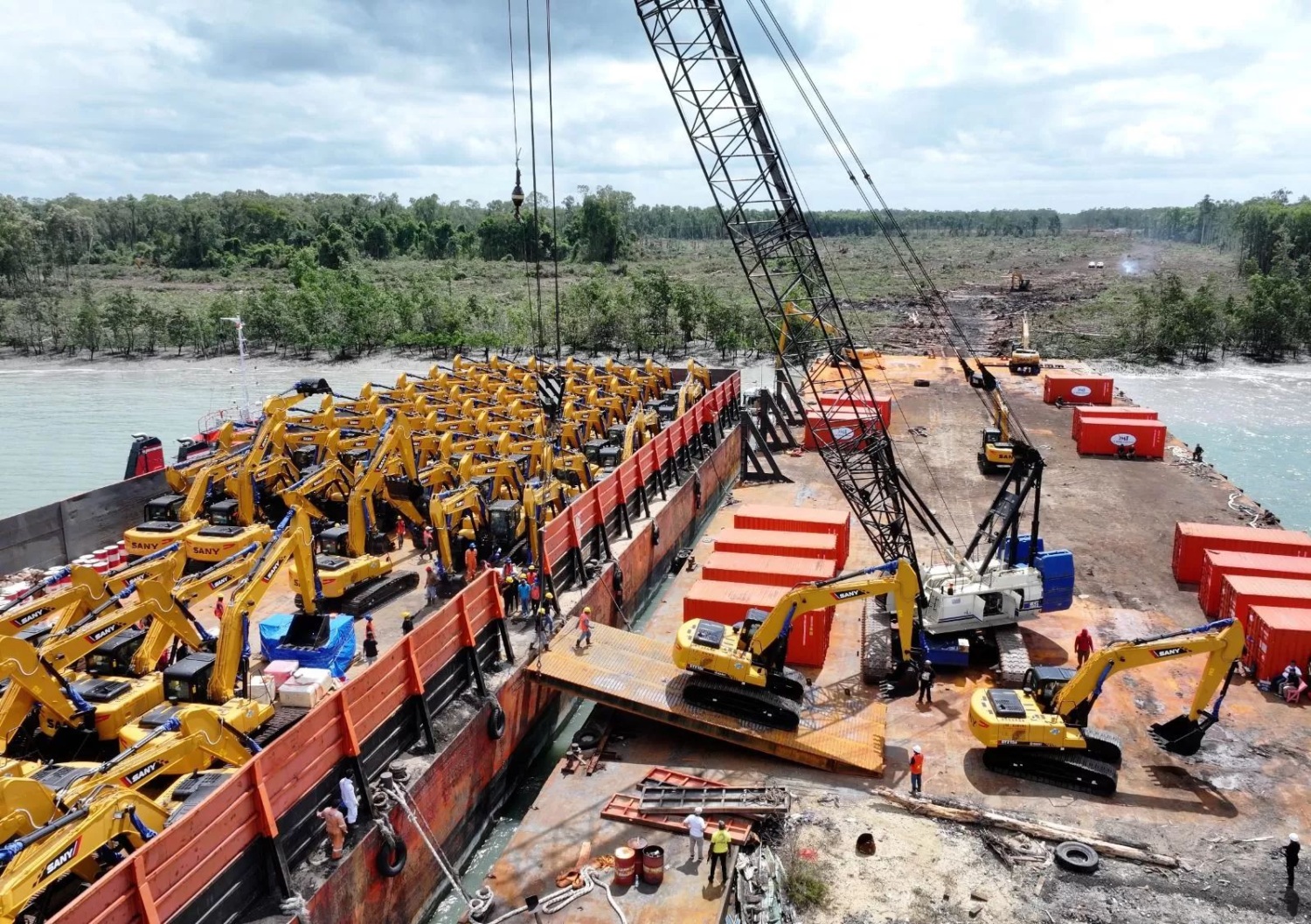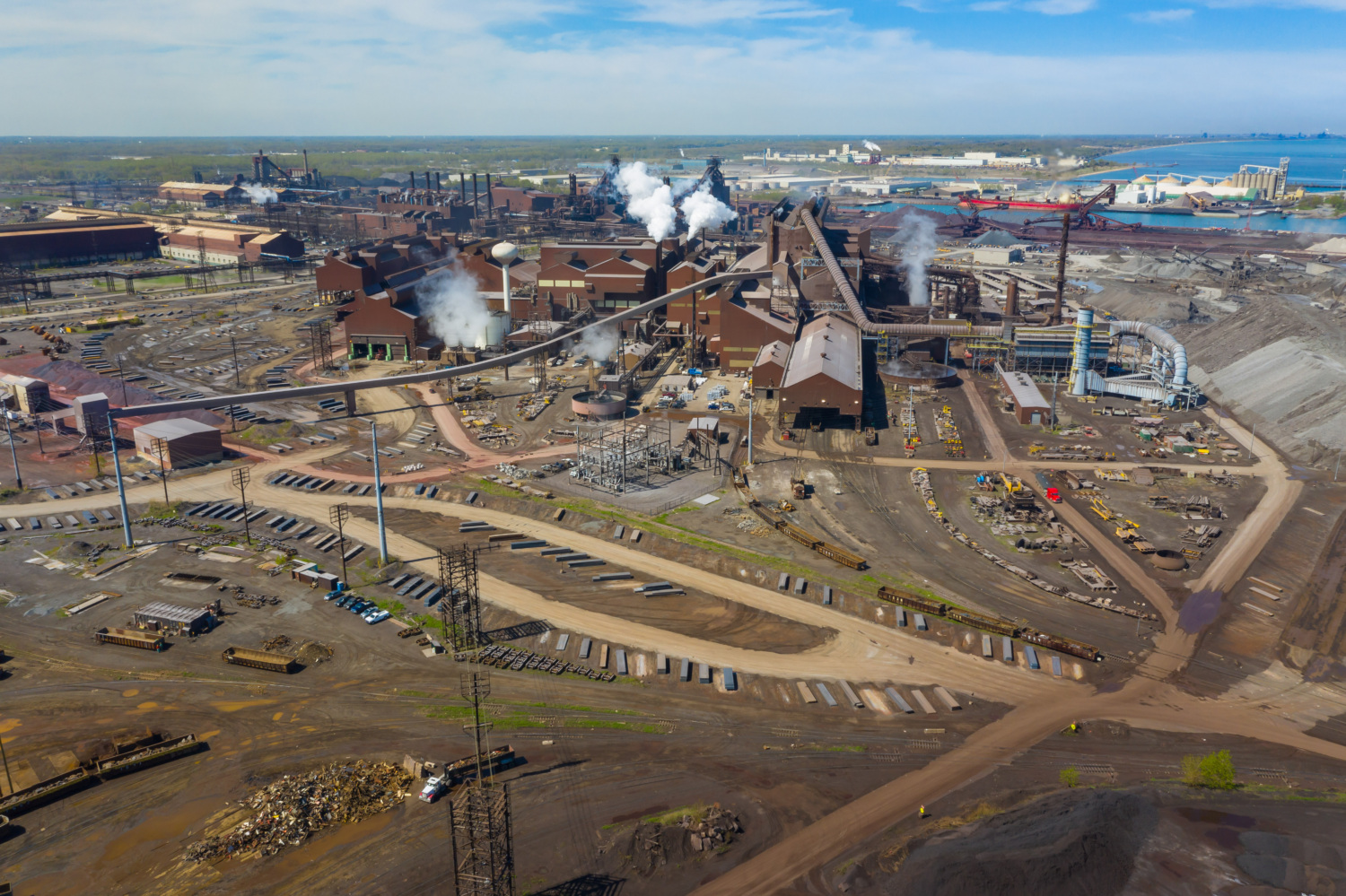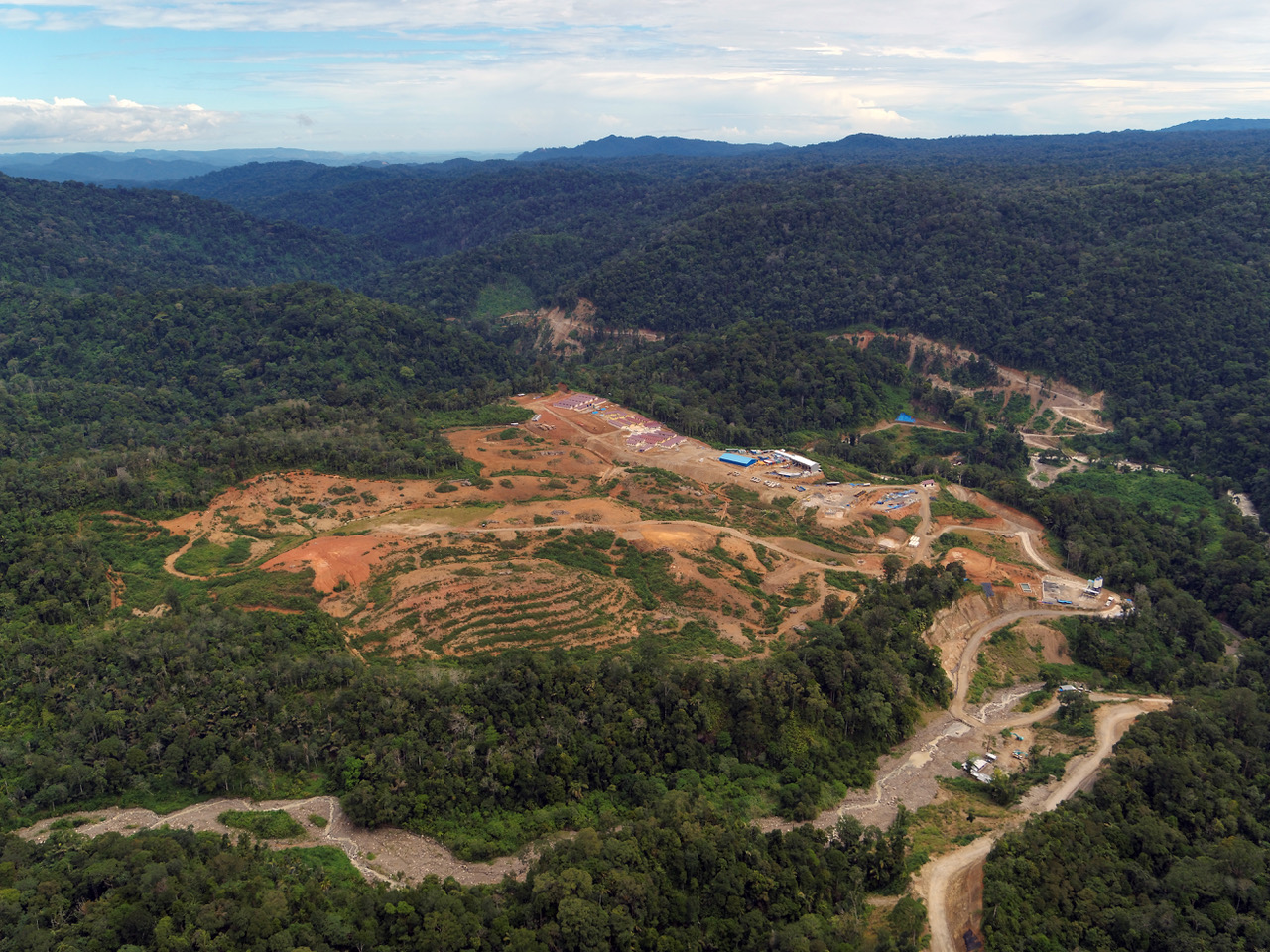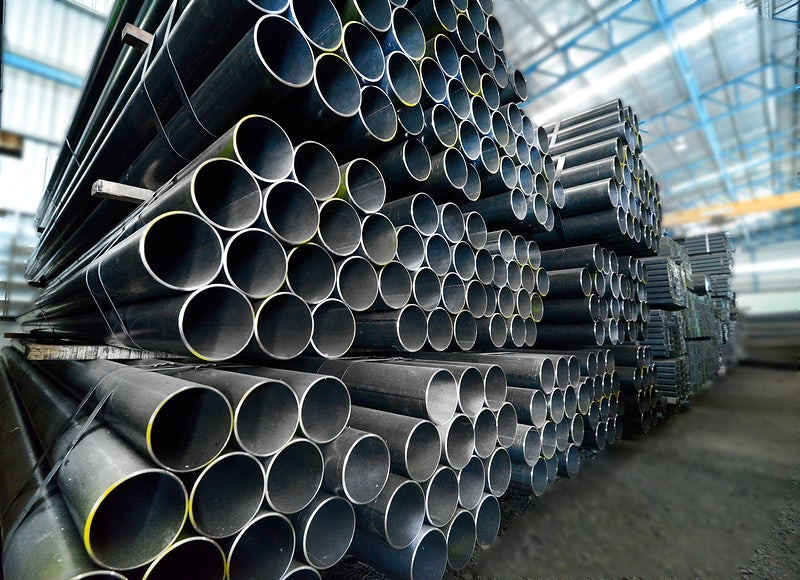
World’s Largest Deforestation Project Threatens Indonesia’s Climate Progress
By Glenn Hurowitz, Founder & CEO
Amid the paradise forests of Papua, Indonesia, a business consortium has begun destroying what will eventually be 20,000 square kilometers of the “Meruake Intergrated Food and Energy Development Area.” That’s 112 times the size of Washington, DC. This is likely the largest single deforestation project in the world.
PT Global Papua Abadi, the company behind the project, and partners like Sulaidy (linked to First Resources Ltd.) are destroying habitat for endangered tree kangaroos and birds of paradise. The land was allotted to the companies without concern for the Indigenous communities who live on it. A whopping 2000 excavators were ordered for land-clearing.
Although the stated rationale behind the project is to provide climate resilience and food security, the reality is the opposite: this level of deforestation will pump about a billion tons of carbon pollution into the atmosphere and bulldoze local food gardens to make room for mono-culture sugar and rice plantations. Much of the sugar won’t go to food, but rather ethanol to be burned in gas tanks.
This project follows a legacy of failed efforts to establish state-backed plantation agriculture. The “Mega-Rice Project” on Borneo’s peatland rainforest resulted in hundreds of thousands of acres of degraded land, but no permanent rice as the crop does not grow well on peat. The Merauke project seems likely to face the same tragic end. Furthermore, this project would single-handedly undermine Indonesia’s greatest climate success: reducing the rate of commodity deforestation by an amazing 90%.
President Prabowo chose people like politician Din Syamsuddin to carry out the deforestation for the project. Syamsuddin told reporters “This is a state duty that has been entrusted to me. Based on a concept provided by Prabowo, I have plans for clearing one million hectares within three years – without considering the costs and benefits.” This negligent approach will devastate forests and communities by this project while undermining Indonesia’s progress on protecting the climate.
President Prabowo and the Ministry of Environment and Forestry must examine the project to see if the companies involved are actually delivering on its mission – or are instead breaking the government’s legal commitments. The Indonesian government is capable of such intervention, as demonstrated by their recent bravery in stopping another company’s threat to forests – Mayawana Persada’s destruction of more than 90,000 acres in Borneo. They acted because the destruction undermined the government’s nationally determined climate commitments (NDCs): to restore 2 million hectares of peatland and 12 million of degraded land. The Merauke project is about 50 times as big as Mayawana Persada and undermines Indonesia’s NDCs all the same. Indonesia’s forest success has been a marked accomplishment of the Jokowi administration – and an example for the world to follow. As the new administration begins, the President has the opportunity to secure one of Indonesia’s greatest examples of international leadership into the future.


